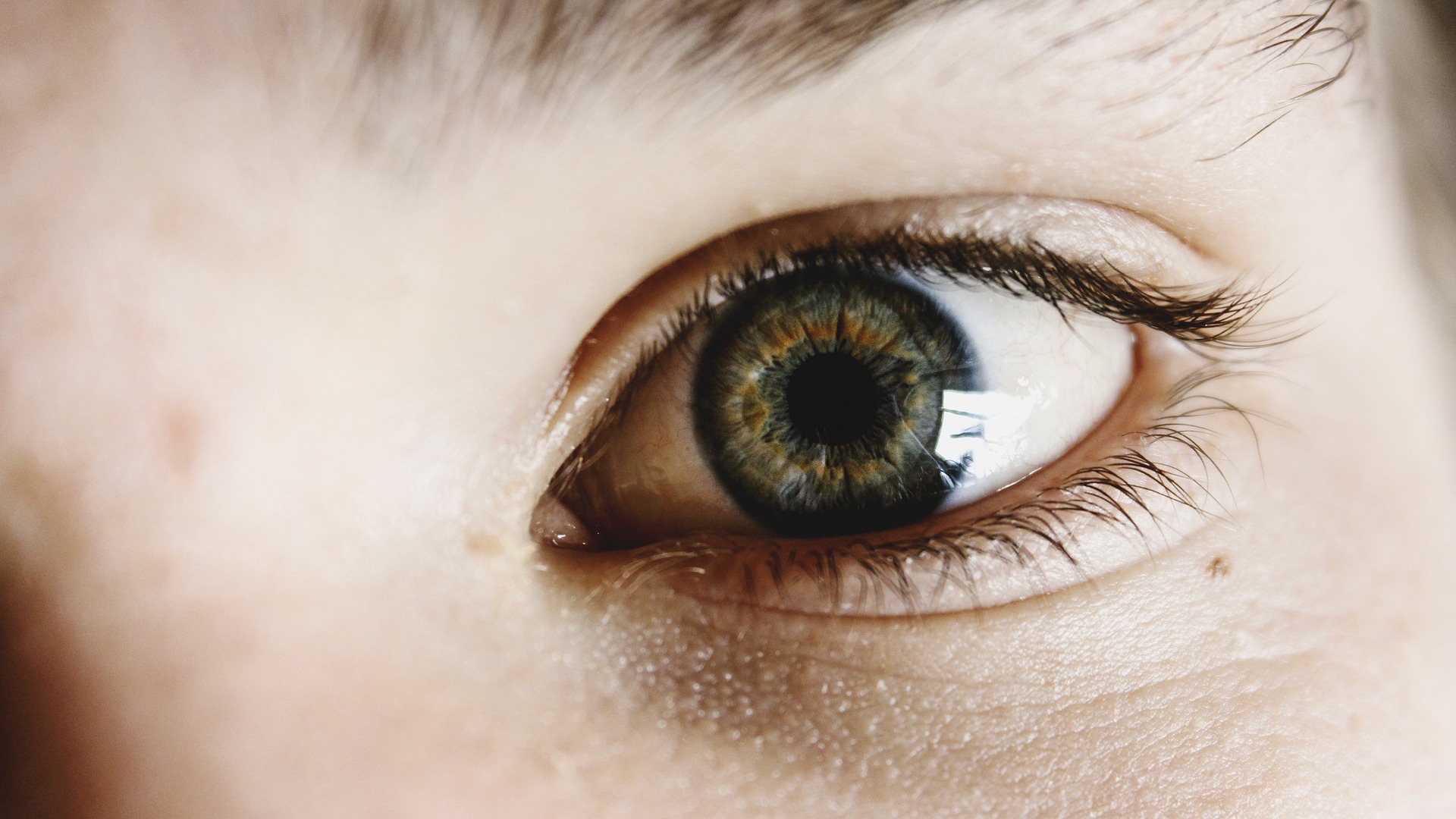Immunotherapy is a new and promising treatment therapy for cancer. It plays a significant role in the successful treatment of various life-threatening cancers in today’s world. Immunotherapy is currently used for treating advanced melanoma and difficult cancers of the bladder, kidneys, lungs, skin, etc.1
Immunotherapeutic drugs, used as anti-cancer drugs, have a special affinity for T cells, which helps in the destruction of cancer cells in the body. The drugs are called immune checkpoint inhibitors and block the action between the PD-1 (programmed cell death protein-1) receptors on the T cells and PD-L1 (programmed cell death ligand-1), which stimulates the T cells to destroy the tumor cells. In healthy individuals, PD-1 and PD-L1 help in preventing autoimmune diseases by suppressing the action of T cells on healthy body cells.2
Thus, immunotherapeutic drugs destroy cancer cells by stimulating the body’s own immune system. However, in this process, healthy body cells are damaged as well. As a result, side effects such as anemia, nausea, vomiting, hair loss, fractures, etc., are commonly observed in patients undergoing cancer treatment.2
Recently, a rare side effect affecting the eyes was observed in patients on immune checkpoint inhibitor drugs by medical researchers at the University of Michigan W.K. Kellogg Eye Center.1
Observations from research studies on side effects of immunotherapy
In the study performed by researchers Thomas et al, three patients receiving anti-PD-1 or anti-PD-L1 antibodies immune checkpoint inhibitor drugs such as atezolizumab, nivolumab, or pembrolizumab were detected with uveal effusion and anterior chamber inflammation. The side effects had developed rapidly between 1 to 3 months after starting the anti-cancer immunotherapy. In two patients, the eye symptoms regressed in 6 weeks to 3 months after stopping the immunotherapeutic drugs. The third patient with uveal effusion whose treatment was not stopped died after 4 months.1
Another study included 576 patients who were being treated with nivolumab. In about 71% of the patients, the commonly observed symptoms were fatigue, pruritus, symptoms of the gastrointestinal system, etc. Yet another study showed uveitis and dry eyes, with uveitis affecting only 0.3% to 0.6% of the patients. Thus, it can be said that ocular toxicities after treatment with immune checkpoint inhibitors are an uncommon phenomenon.1
Discussion and Conclusion
Researchers relate these rare side effects to the immune response in the eye. The immune response in the eye is different from the rest of the body. The normal antigen-antibody response of the immune system is absent in the eye. The level of PD-1 protein is very high in the eyes, which prevents the antigen-antibody interaction that is common after graft surgery. Hence, inflammation is rarely seen after corneal transplant surgery.3
In addition, in healthy conditions, there is no fluid in the layers around the eye. Fluid accumulation in the uvea of the eye can occur only after injury, surgery, etc. According to medical researchers, immunotherapy drugs might threaten the vision if effusion occurs in the region of the fovea, which is the area of maximum sharp vision.3
In conclusion, oncologists and ophthalmologists should take into consideration the ocular side effects of immunotherapy drugs while treating cancer patients with these drugs.








2 Comments
Cancer Imaging: Is Patients Reaping the Rewards? - MDforLives
5 years ago[…] unable to keep pace with the ever-growing number of increasingly sophisticated targeted agents and immunotherapies. The recent explosion in novel cancer imaging techniques should, therefore, provide much-needed […]
Advancements in Cancer Imaging: Are Patients Reaping the Rewards? - MDForLives
4 years ago[…] unable to keep pace with the ever-growing number of increasingly sophisticated targeted agents and immunotherapies. The recent explosion in novel cancer imaging techniques should, therefore, provide much-needed […]